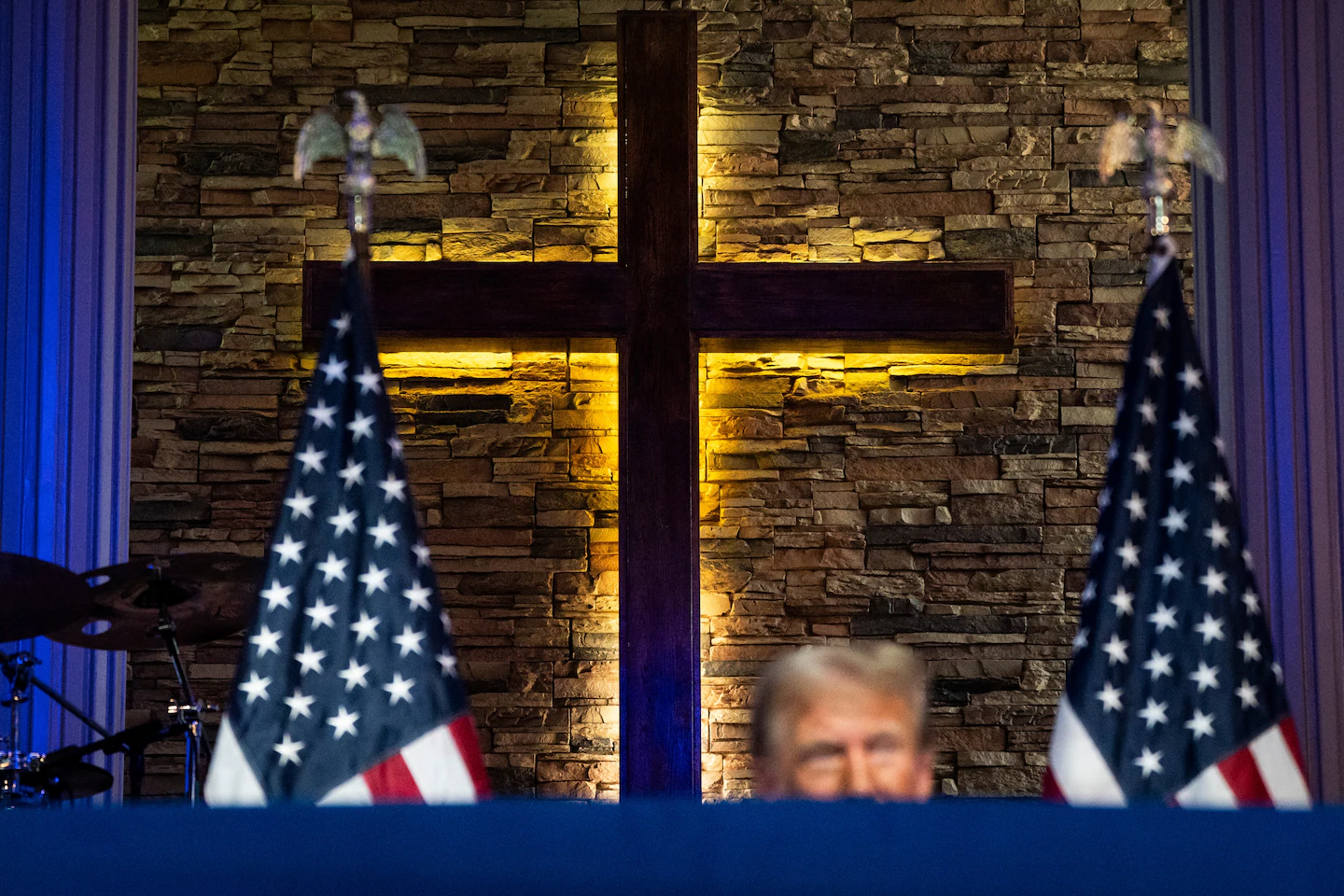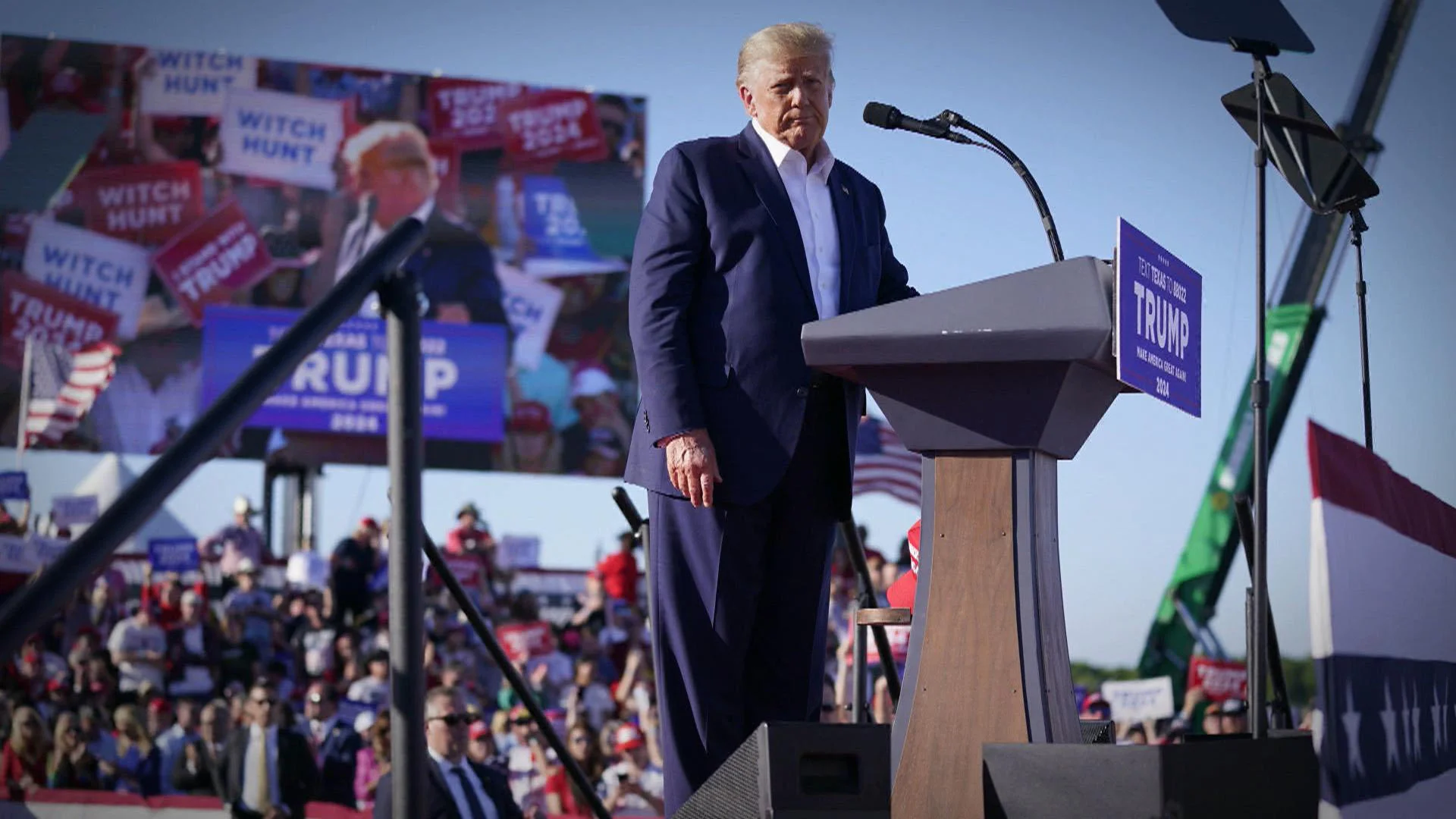The Internal Revenue Service has taken a shocking step that could transform the political landscape in the United States. In a recent court filing, the IRS stated that churches and other houses of worship are now permitted to endorse political candidates without risking their tax-exempt status. This dramatic shift goes against decades of precedent set by the Johnson Amendment, a law designed to keep religious institutions from becoming political powerhouses.
IRS Decision Undermines Separation of Church and State
The Johnson Amendment has been a cornerstone of maintaining a clear boundary between church and state since 1954. However, recent actions from the IRS signal a troubling willingness to blur these lines. According to NPR, the IRS likened political endorsements from the pulpit to a "family discussion," a framing that trivializes the significant implications of this ruling. This new interpretation could effectively turn houses of worship into political action committees, allowing them to wield enormous influence over elections.
Political Endorsements Are Not What Americans Want
Despite the IRS"s green light, studies indicate that a significant majority of religious Americans oppose political endorsements from their places of worship. Research from the Public Religion Research Institute shows that 62% of white evangelicals, 59% of Black Protestants, and even 79% of white Catholics do not support churches endorsing political candidates while retaining their tax-exempt status. This sentiment is echoed by a Pew Research survey in 2019, where 76% of Americans expressed disapproval of clergy endorsing candidates from the pulpit.

IRS says churches should be allowed to make political ...
Implications for Workers and Economic Justice
This decision is not just about politics; it has far-reaching implications for economic justice and workers" rights. By allowing churches to take political stances, we risk diverting attention from pressing issues like wealth inequality and workers" rights that often get sidelined in political discourse. Engaging in partisan politics could lead to a situation where marginalized communities, who are often the most affected by economic policies, find their voices drowned out by the political agendas of religious leaders.
Dark Money Could Flood Elections
The potential for dark money to pour into elections becomes even more pronounced with this IRS ruling. As The New York Times reported, Christian legal groups have long sought to overturn the Johnson Amendment, and this change could facilitate a dramatic increase in the political influence of wealthy donors masquerading as religious advocates. This poses a direct threat to transparency and accountability in our democratic system, where the voices of everyday citizens could be overshadowed by the financial clout of a few.

Donald Trump speaks about possible indictment, Ron DeSantis at 2024 campaign rally
Calls for Resistance from Social Justice Advocates
Organizations such as Americans United for Separation of Church and State have voiced strong opposition to the IRS"s ruling. They argue that allowing churches to engage in political endorsements could transform them into vehicles for political agendas, undermining their foundational purpose. As these advocates warn, weakening the Johnson Amendment could lead to an election landscape flooded with untraceable money, complicating efforts to achieve social and economic justice. The fight against this ruling must be vigorous, as the implications for our democracy and economic policies are profound.




![[Video] Pope Leo XIV condemns anti-Christian violence in Nigeria, Bangladesh, and Damascus](/_next/image?url=%2Fapi%2Fimage%2Fthumbnails%2Fthumbnail-1768006244320-mmtpte-thumbnail.jpg&w=3840&q=75)


![[Video] Gunfire between Iraqi security forces and Sadr militias in Baghdad](/_next/image?url=%2Fapi%2Fimage%2Fthumbnails%2Fthumbnail-1768343508874-4redb-thumbnail.jpg&w=3840&q=75)
